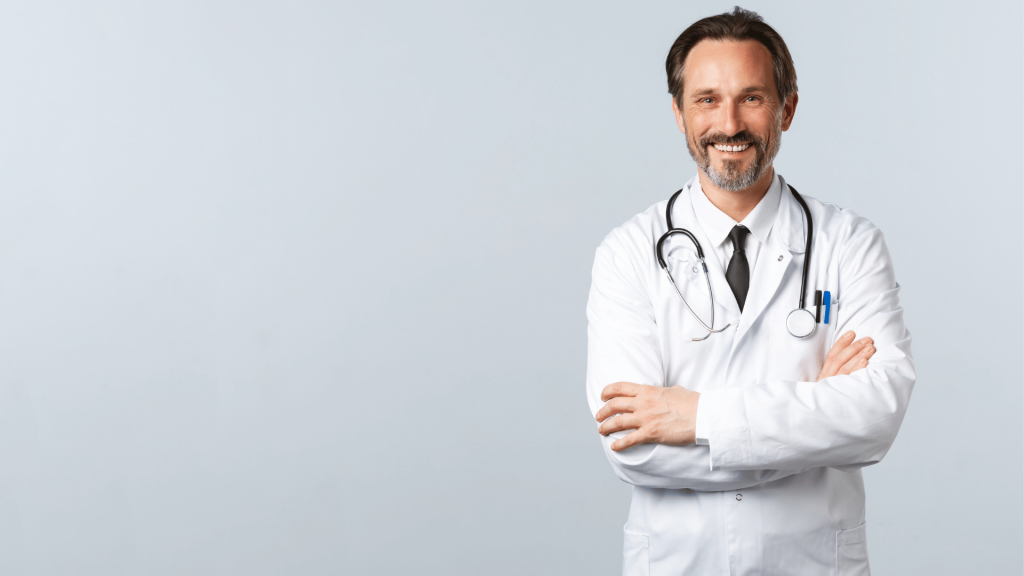Roles of Medical Doctors
Medical doctors, also known as physicians, play a crucial role in the healthcare system. They are responsible for diagnosing and treating various medical conditions and diseases. Some specific roles and responsibilities of medical doctors include:
- Examining patients: Medical doctors typically begin by performing a physical examination on their patients, which may include taking the patient’s vital signs and asking about their medical history and current symptoms.
- Diagnosing medical conditions: Based on the results of the physical examination and any additional tests or diagnostic procedures, medical doctors diagnose medical conditions and determine the appropriate course of treatment.
- Prescribing medications: Medical doctors may prescribe medications to help treat medical conditions or manage symptoms. They may also adjust the dosage of medicines or recommend alternative medications as needed.
- Providing treatment: Medical doctors may give a variety of treatments to their patients, including surgical procedures, rehabilitation, and other therapies.
- Educating patients: Medical doctors often play a role in educating their patients about their health and how to manage their medical conditions. This may include providing information about medications, diet, and lifestyle changes that can help improve or maintain a patient’s health.
- Coordinating care: Medical doctors may work with other healthcare professionals, such as nurses, specialists, and therapists, to coordinate the care of their patients. They may also consult with other doctors to discuss treatment options and make referrals to specialists as needed.
Future of Medicine
The future of medicine will likely involve a combination of technological advances and changes in how healthcare is delivered. Some potential developments that may shape the future of treatment include:
- Increased use of artificial intelligence and machine learning: AI and machine learning may improve the accuracy of diagnoses, predict patient outcomes, and identify trends in population health data.
- Greater use of telemedicine: The COVID-19 pandemic has accelerated the adoption of telemedicine, and this trend will likely continue in the future. Telemedicine allows patients to receive medical care remotely, which can be especially beneficial for people in rural areas or those with mobility issues.
- Personalized medicine: Advances in genomics and other technologies may allow the development of customized treatment plans tailored to an individual patient’s genetic makeup.
- Increased use of robotics: Robotics may be used to assist in a variety of medical procedures, such as surgery and rehabilitation.
- Greater focus on preventative care: The healthcare system may shift to a model that emphasizes preventive care to help people maintain good health and avoid developing chronic conditions.
- Changes in how healthcare is financed: The healthcare system may see changes in how it is financed, with a greater emphasis on value-based care models that focus on the quality of care rather than the volume of services provided.
Overall, the medicine program focuses on improving the health and well-being of individuals and communities by preventing and treating illness and disease. It is a challenging and rewarding field that requires a deep commitment to learning and helping others.

